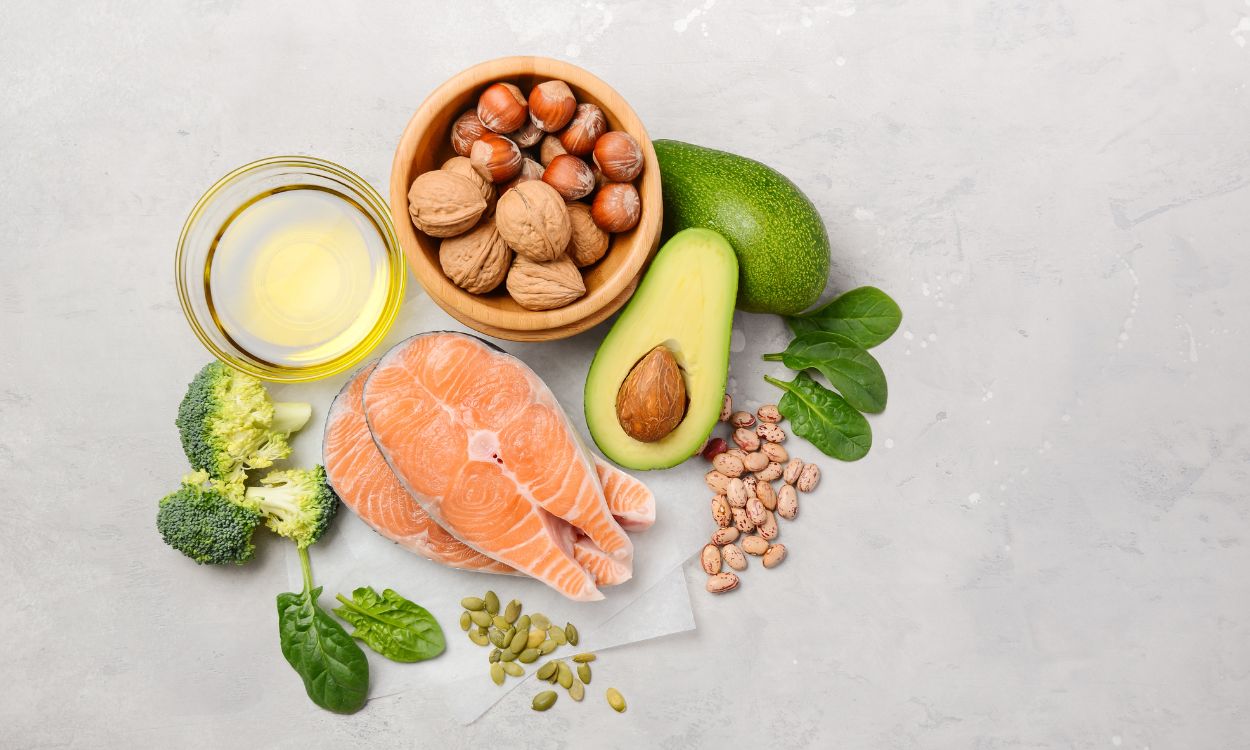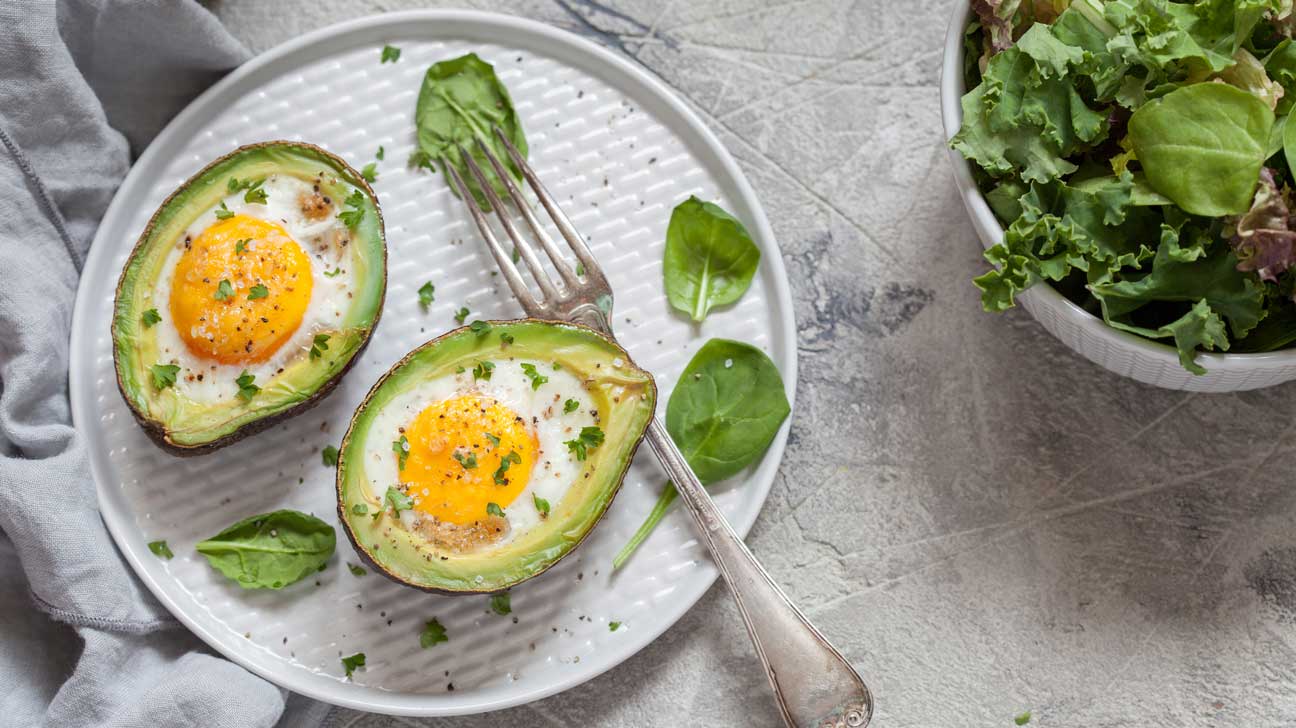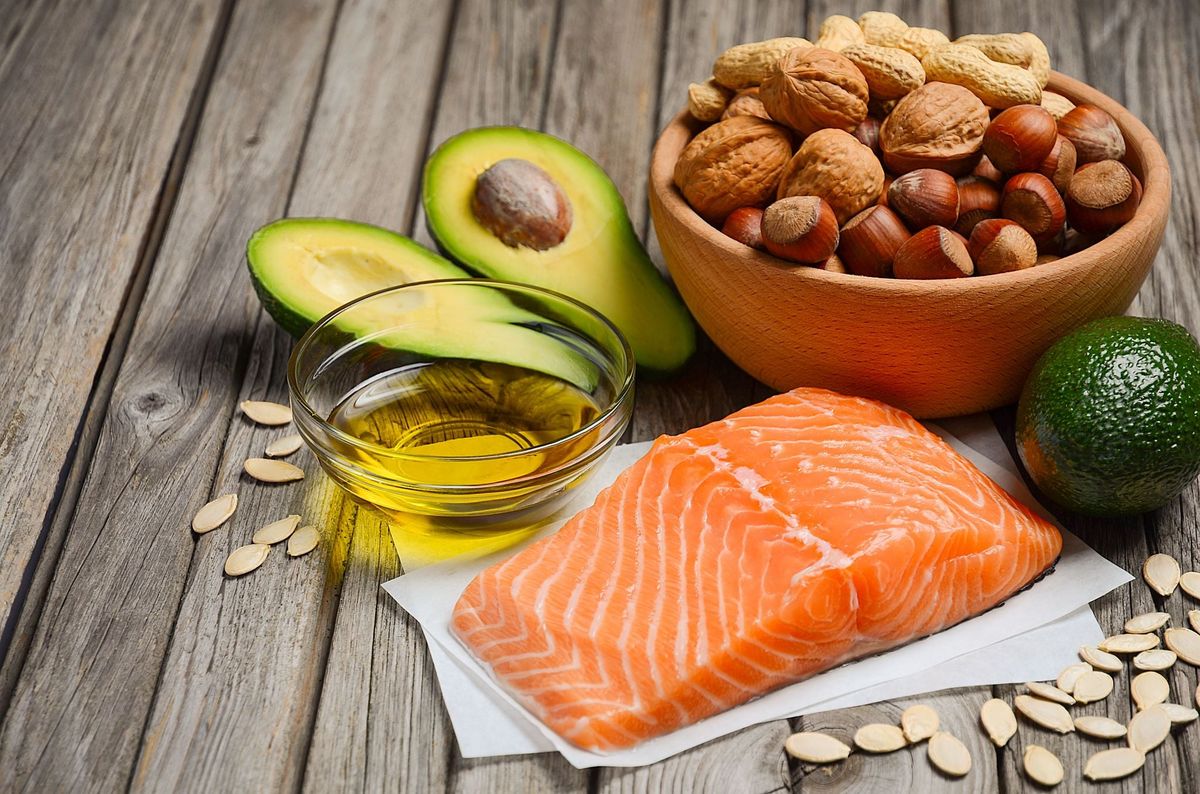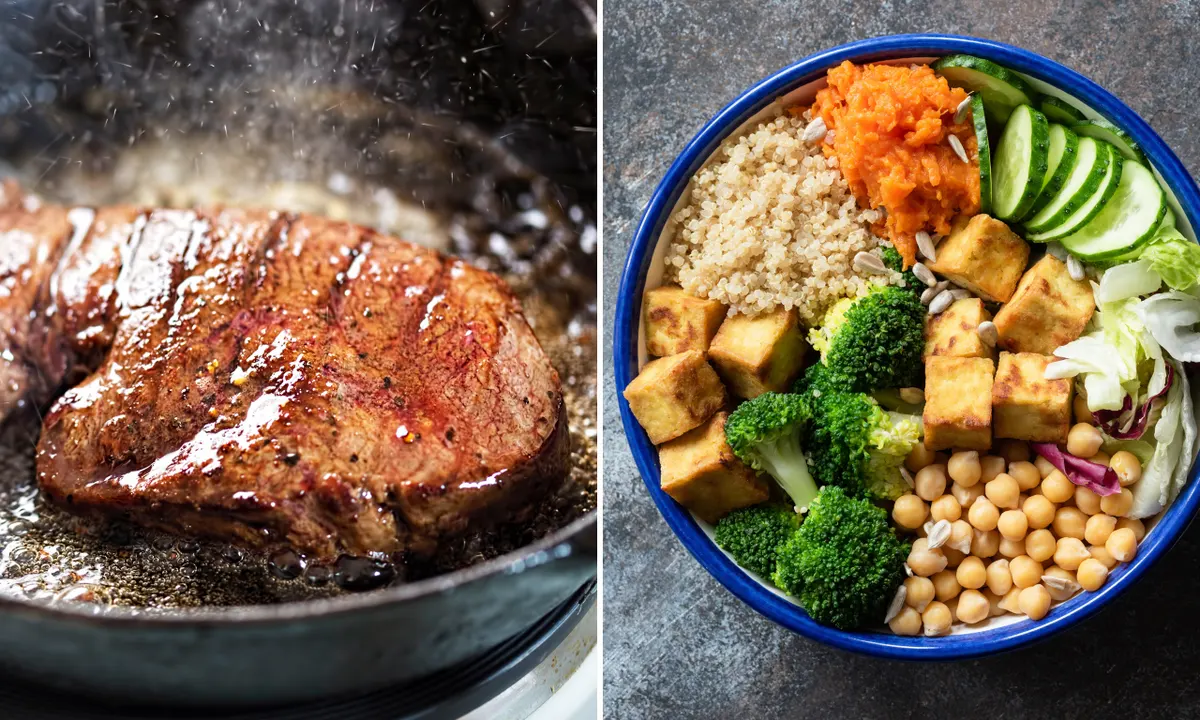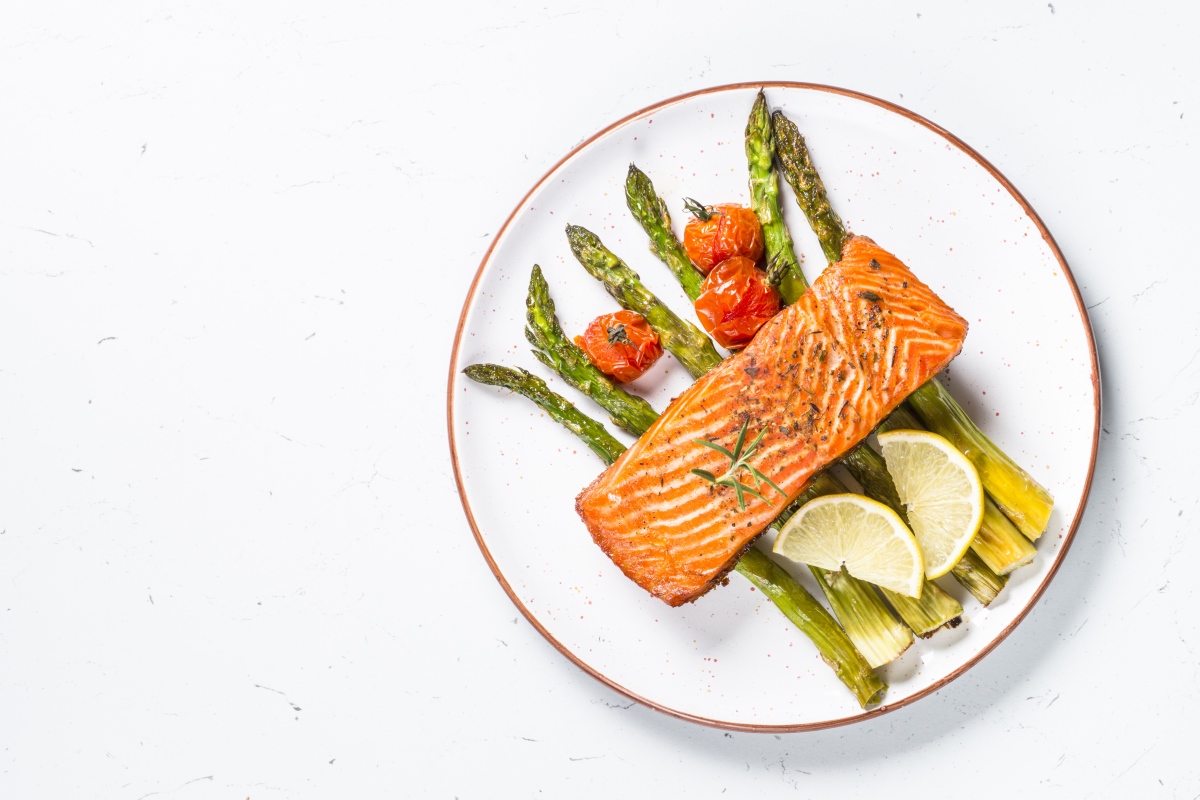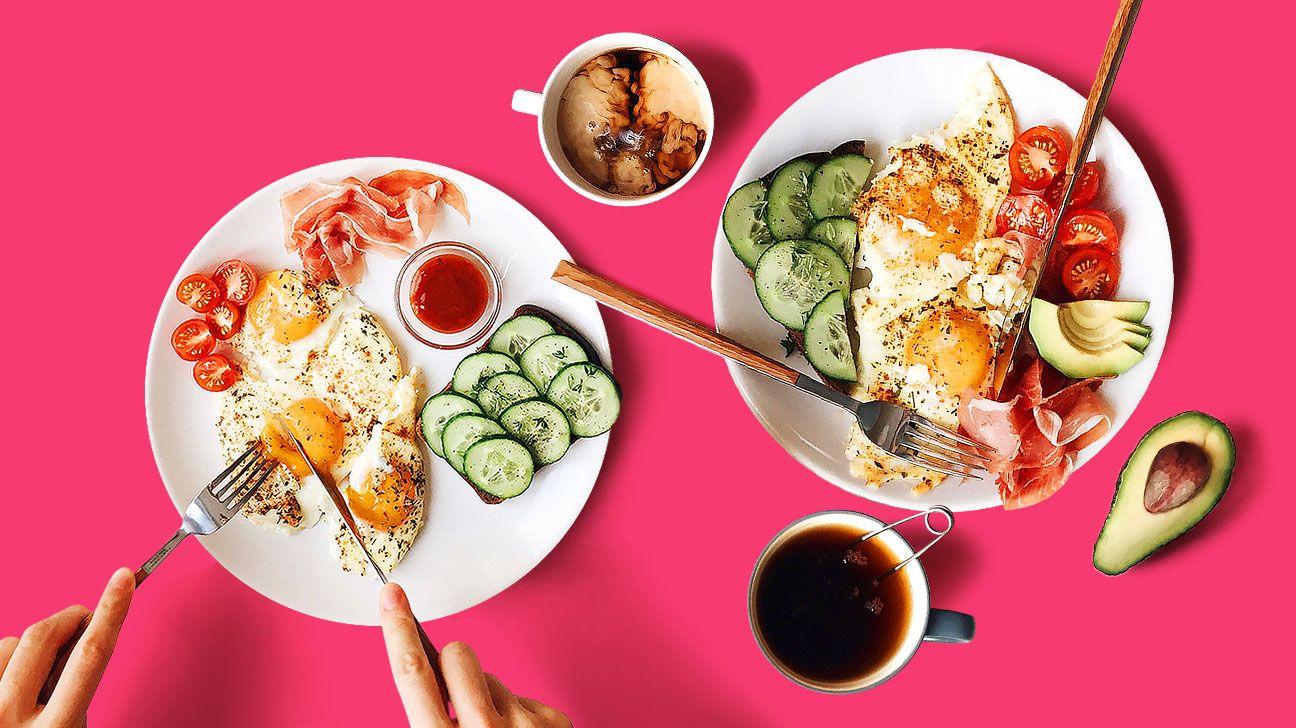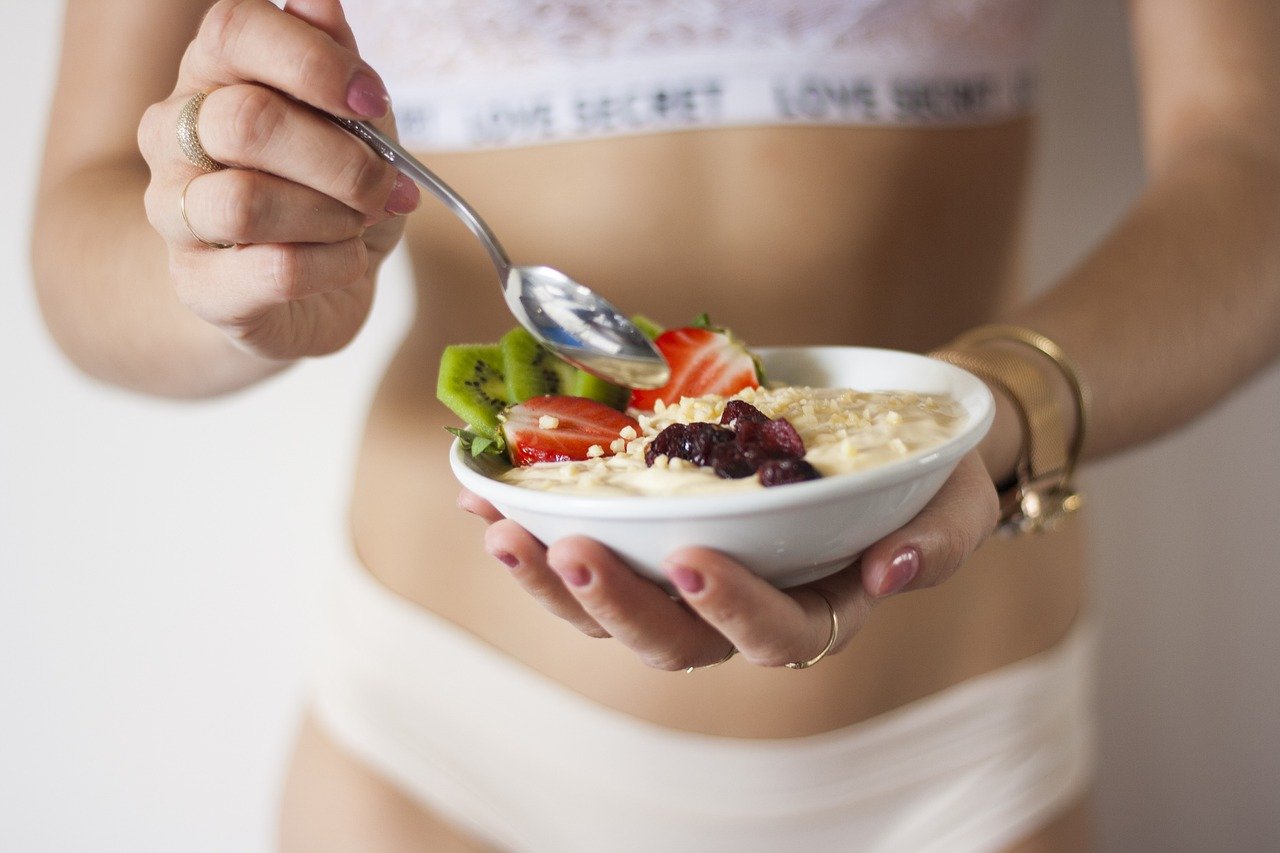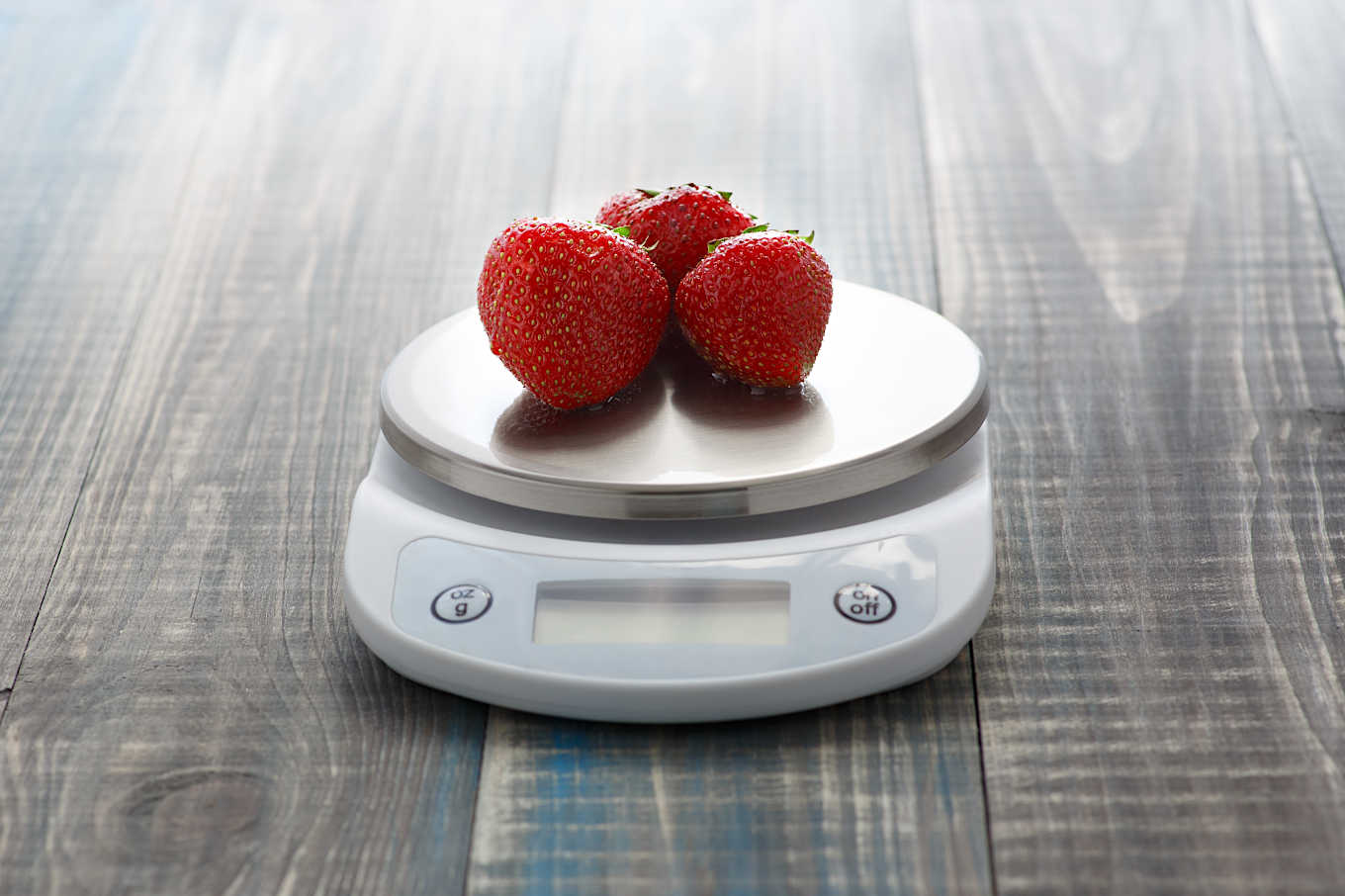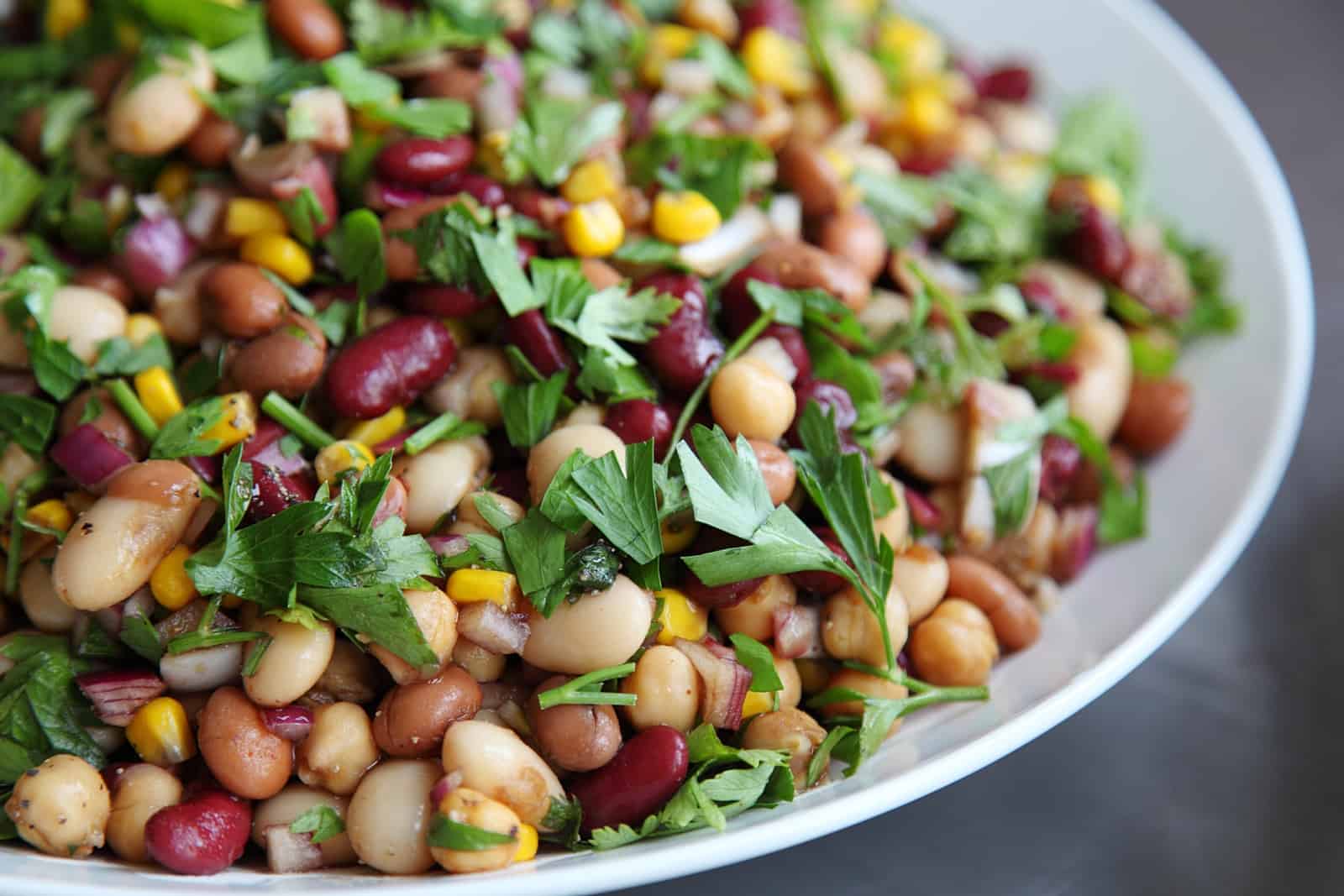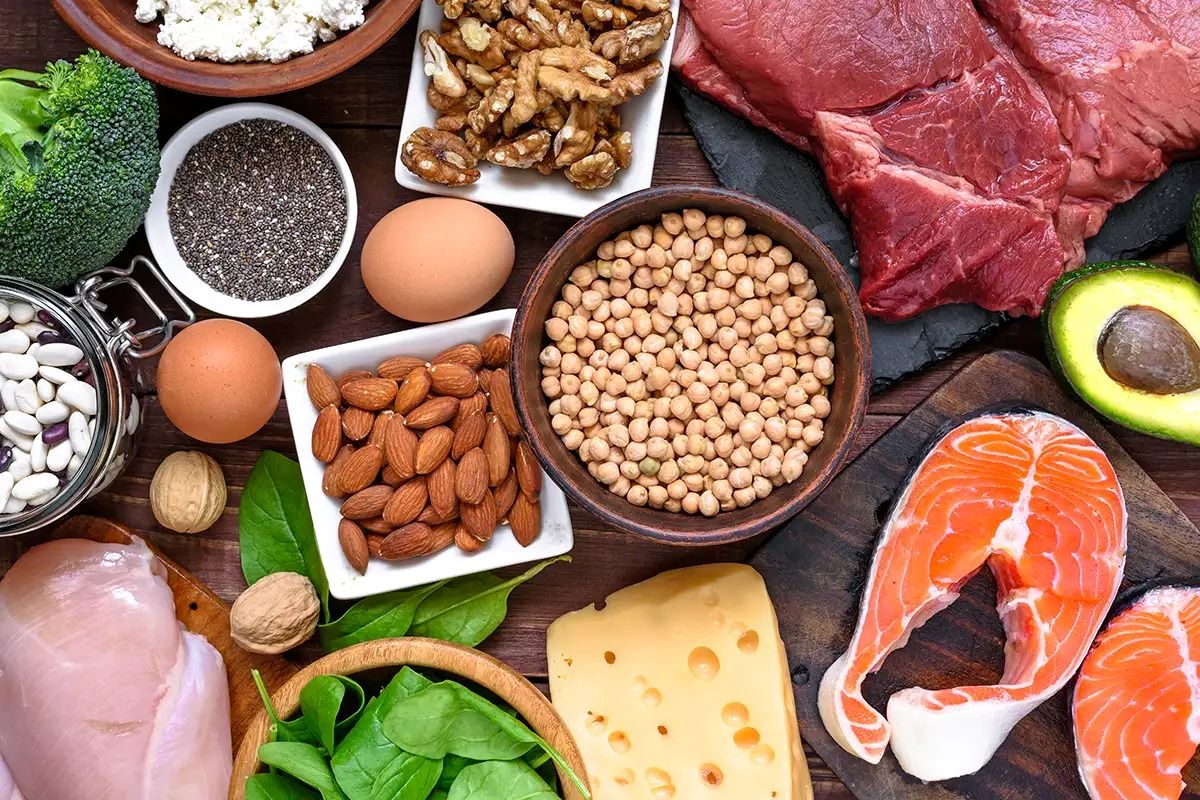Why High-Protein Diet is Important
Eating a high-protein diet is essential for maintaining a healthy body and supporting overall well-being. Protein is a crucial macronutrient that plays a vital role in building and repairing tissues, producing enzymes and hormones, and supporting a healthy immune system.
Benefits of a High-Protein Diet
Consuming a high-protein diet offers numerous benefits, including:
- Supporting muscle growth and repair
- Aiding in weight management by promoting feelings of fullness
- Boosting metabolism
- Helping to maintain healthy skin, hair, and nails
- Supporting bone health
Sources of High-Quality Protein
It’s important to include a variety of high-quality protein sources in your diet. Some excellent sources of protein include:
- Lean meats such as chicken, turkey, and lean cuts of beef
- Fish and seafood
- Eggs
- Dairy products such as Greek yogurt, cottage cheese, and milk
- Legumes such as lentils, chickpeas, and black beans
- Nuts and seeds
- Tofu and tempeh
How to Incorporate High-Protein Foods into Your Diet
Here are some practical tips for incorporating high-protein foods into your daily meals:
- Start your day with a protein-rich breakfast such as eggs, Greek yogurt, or a protein smoothie
- Include a source of protein in each meal and snack
- Opt for lean protein sources to minimize saturated fat intake
- Experiment with different cooking methods to keep your meals exciting and flavorful
- Plan and prepare your meals in advance to ensure you have protein-rich options readily available
Considerations for Athletes and Active Individuals
For athletes and individuals with high activity levels, consuming an adequate amount of protein is crucial for supporting muscle recovery and growth. It’s recommended to consume protein-rich snacks or meals within 30 minutes to an hour after exercise to support muscle repair and replenish energy stores.
Consult a Registered Dietitian
Before making significant changes to your diet, it’s important to consult with a registered dietitian or healthcare professional. They can provide personalized recommendations based on your individual needs and help you create a balanced and sustainable high-protein eating plan.
Conclusion
Embracing a high-protein diet can have numerous benefits for overall health and well-being. By incorporating a variety of high-quality protein sources into your meals and snacks, you can support muscle growth, maintain a healthy weight, and promote optimal body function. Remember to consult with a professional to ensure that your dietary choices align with your individual needs and goals.
